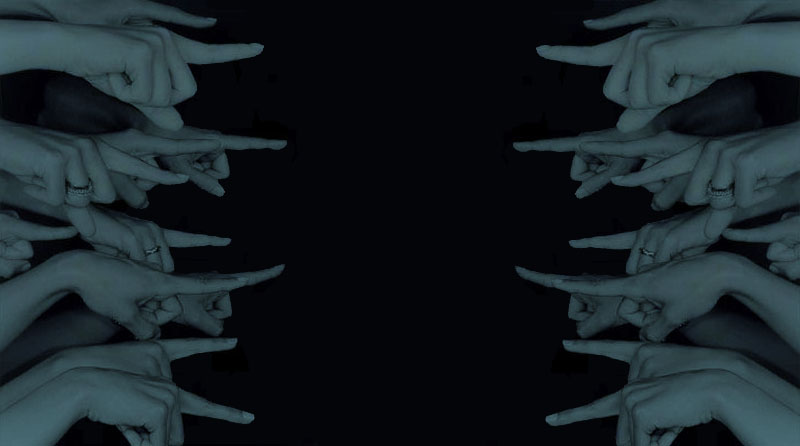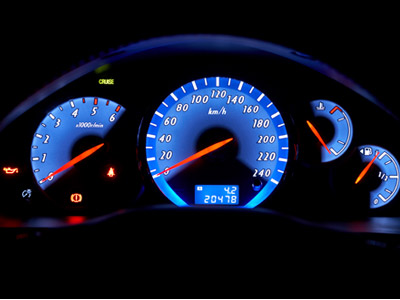What will happen over the next twenty years...
I have never been much of a futurist — I am more one to muddle through the muck of the moment and work through whatever comes my way. Recently though I've been thinking I should take a different tact because we're in the throws of dramatic change and with that, amazing opportunity. Maybe it's time for me to take pause and think about what the future may hold (and like a good surfer, look for a fine wave to catch). If you have ever attempted to surf you know the best wave is found in the green water — it's where you can catch the wave early, ride it longer, and have more fun.
This is something I am actively exploring and will be quick to ask about.
So I ask you, "What do you think will happen over the next twenty years?"
As I start to explore the green water of the future, here are some of the considerations that have resonated with me so far... be it as opportunities to explore, problems to anticipate, or simply considerations to prepare for (aka adapt to).
- Our natural environment will continue to change, and all that stuff we make will continue to spill over into it.
- Our symbiosis with technology will continue to a point of physical change and it will blur the lines regarding what it is to be a human being.
- Artificial Intelligence will impact the definition of work and what people do.
- The established structures of trust, power, and government will be challenged by technology and by the evolving definition of work and how people find fulfilment.
- National identity will be displaced by city and corporate states.
- The "networks of connection" will challenge the ability of people to connect, relate, and trust at a personal level.
- We will live longer, but probably not healthier.
As I say I am no futurist so this is a conversation I am eager to have with anyone who has some thoughts. Please let me know what you think (or know) — it's greatly appreciated.
At this point, all I know is we are on the cusp of substantial change, I want to be part of it, and a person can do amazing things in twenty years.
iamgpe


